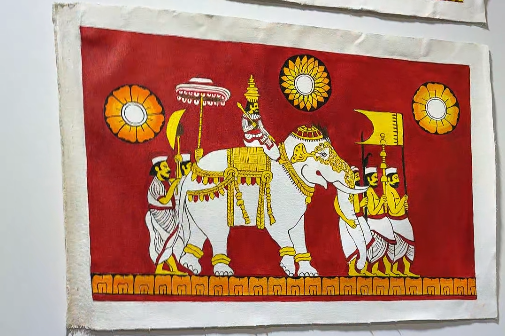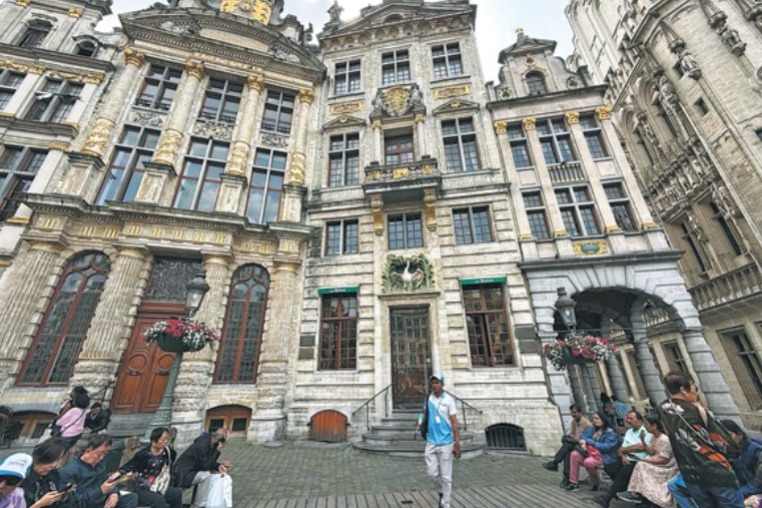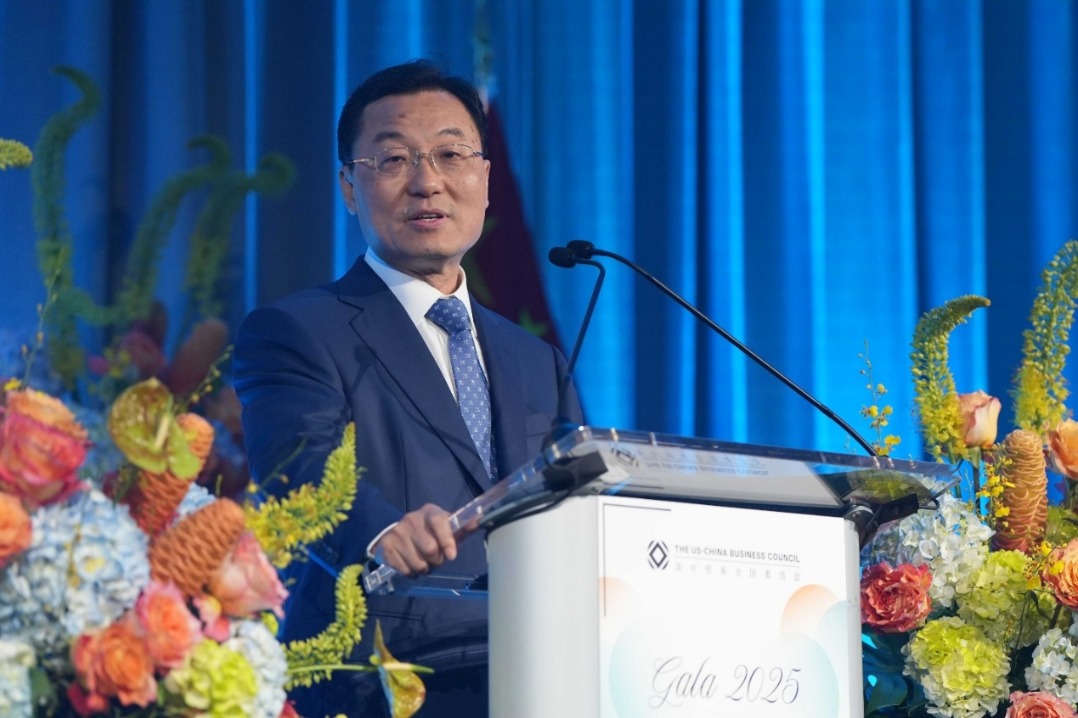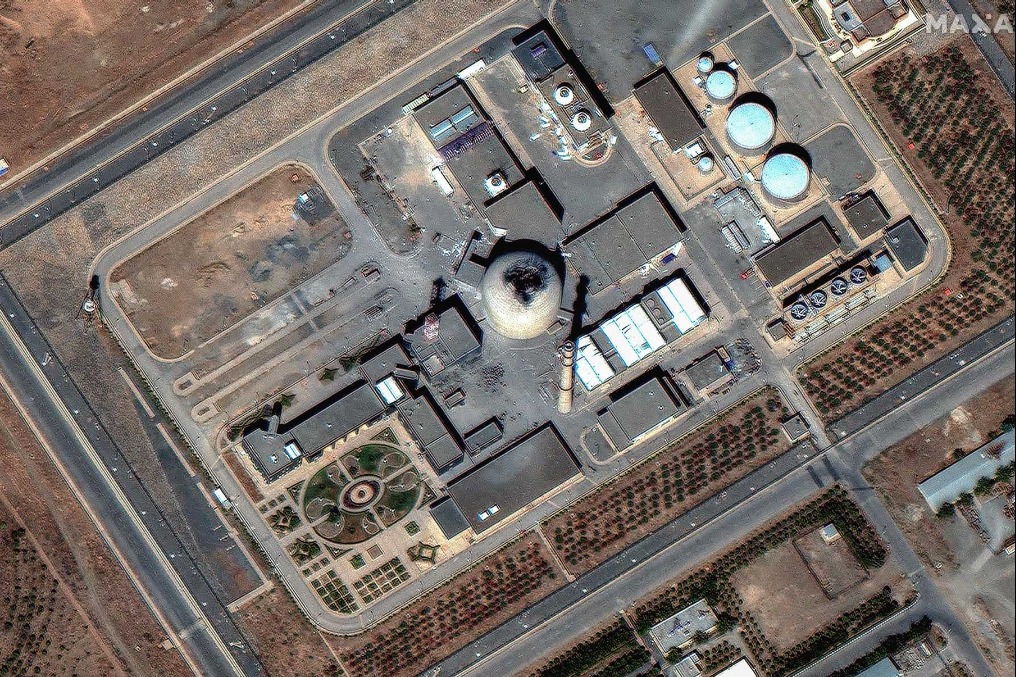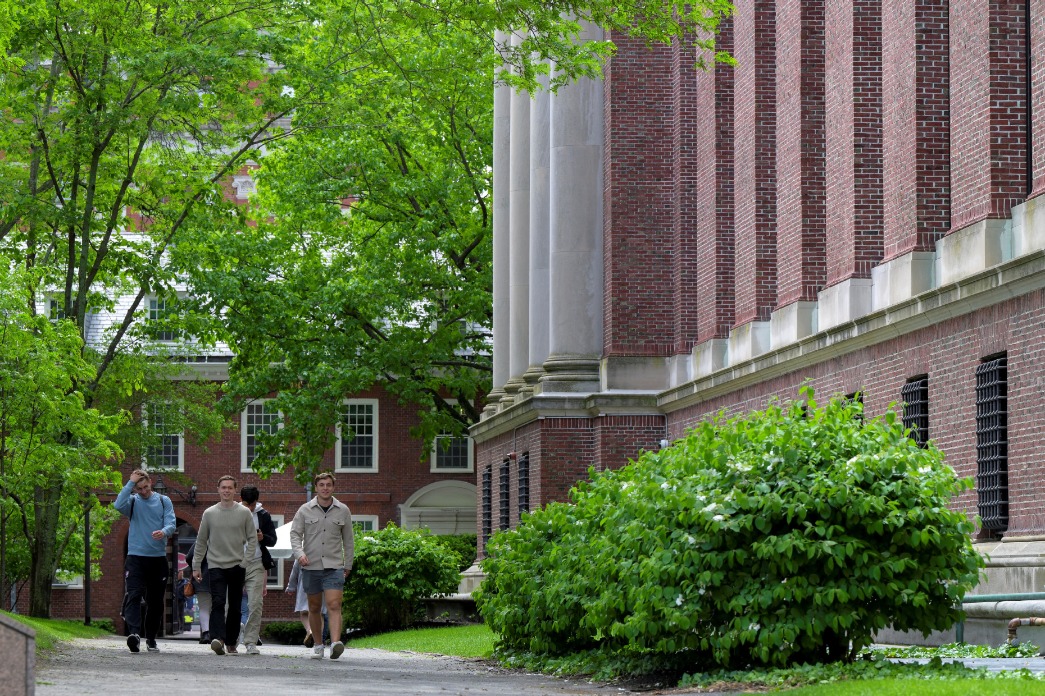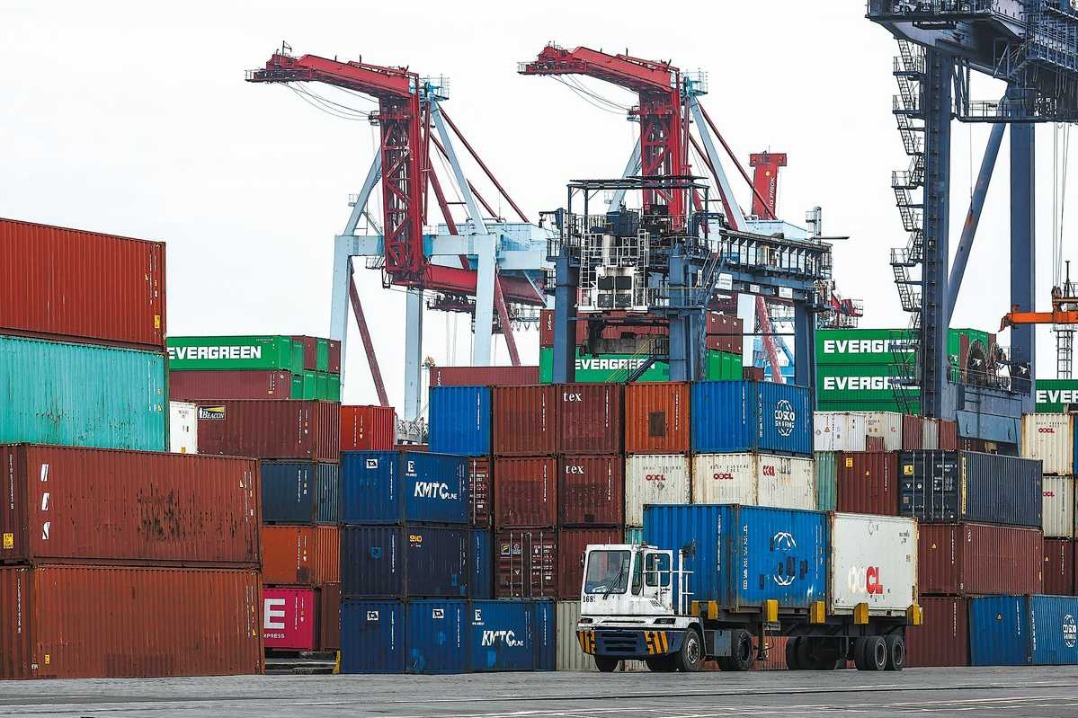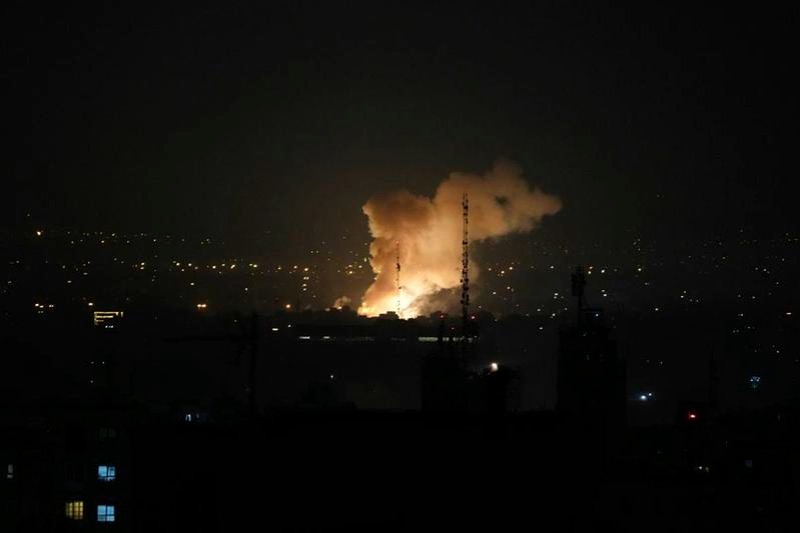Ghana bets on rejuvenated railways for growth

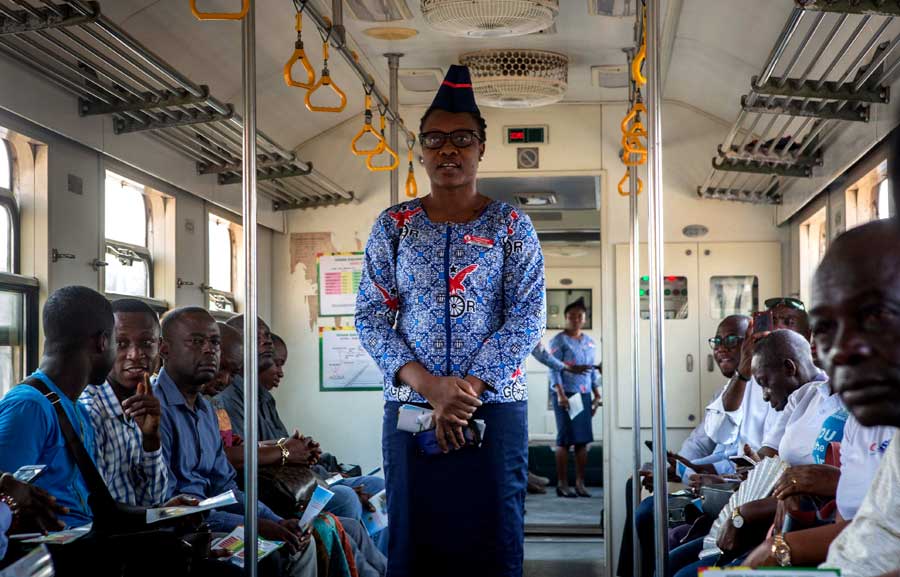
ACCRA, Ghana - As Ghana's urban landscape gently slides by the train window, Shaibu Amoah swells with pride.
The 37-year-old has been helping to renovate railway lines in Accra since last June, clearing debris and shoveling ballast in the hot sun.
When the short line from Accra to the port of Tema finally reopened in January, Amoah was on the first public run.
"I am feeling proud of my work because I am helping my country to move ahead," he said.
The head of the Ghana Railway Development Authority, Richard Diedong Dombo, said the transport sector was crucial for the country's development, pointing to railways as historic "engines of growth".
Ghanaian President Nana Akufo-Addo established the Ministry of Railways Development in 2017 to restore existing lines dating back to British colonial rule - and build new ones.
Ghana's railway network comprises three lines with some branch extensions, totaling 940 kilometers of track.
Under a 2013 Master Plan, the country aims to have 4,000 kilometers of track by 2048.
It would connect Accra with Sekondi-Takoradi in the southwest to the central city of Kumasi, and to Tamale in the north, and link Tema to Burkina Faso, Ghana's northern neighbor.
The total cost is estimated at about $21.5 billion.
That's a big ask for any country, let alone a developing country in sub-Saharan Africa, and the authorities said they are cautiously taking a phased approach to the project, based on funding.
Diedong said "a mixed bag" of financing, including local sources, was helping with rehabilitation work, but foreign firms were likelier to build new lines, which are far more costly.
No contracts have been awarded for new lines, but Chinese companies seem more interested in investing in infrastructure in Ghana than those in the West, he said.
However, some people also worry about if the government is afford to carry the construction on.
Train driver supervisor Kofi Asare, 52, is a more than 20-year veteran of Ghana's railways.
While he was pleased with the renewed focus on railways, he was concerned about whether the support would be sustained.
In his long experience, he said, he had seen an "off and on" approach to the railways. During "off" periods, this often meant months without pay.
"It's a matter of sustainability - they have done it, so are they going to continue to maintain it?" he asked.
He and others who have dedicated their working lives to the railways are now just hoping for the best.
"We are still putting our faith high, our hope and expectations. We are expecting things will go well," he said.
AFP
















